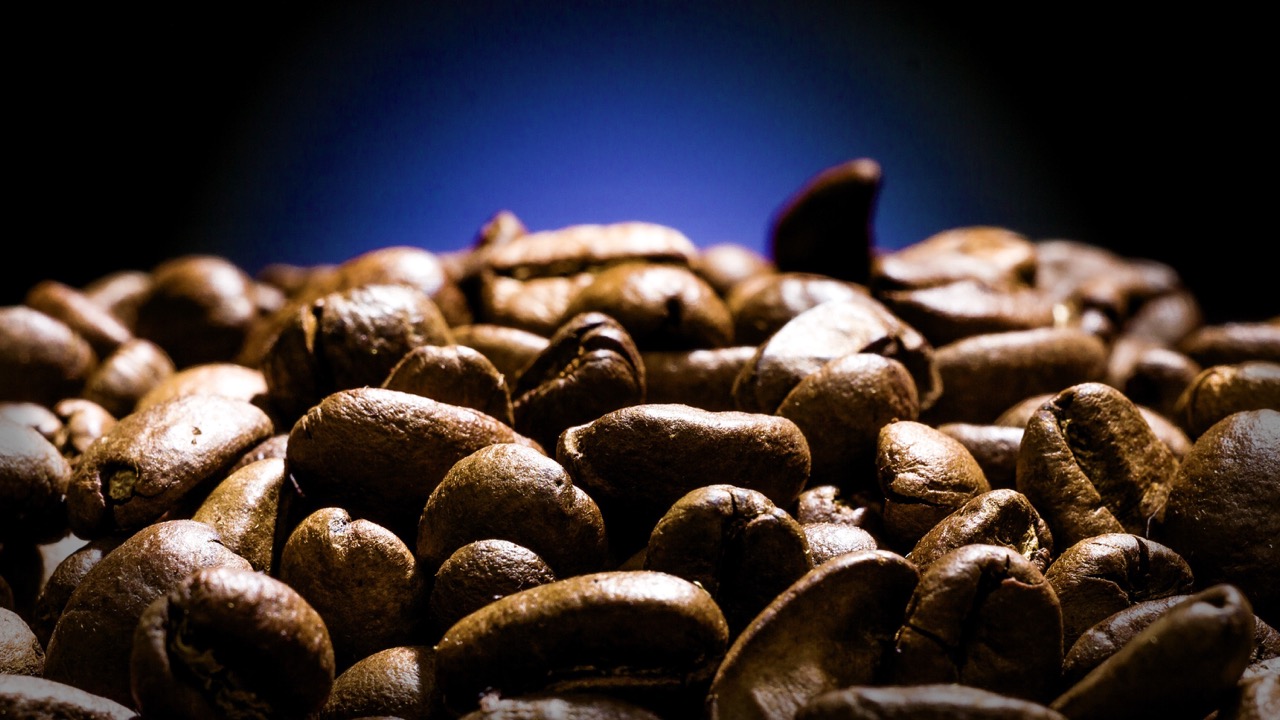Irritable Bowel Syndrome (IBS) is a common gastrointestinal disorder that affects millions of people worldwide. While its exact causes remain elusive, recent research has shed light on the potential role of dietary factors, particularly caffeine and coffee consumption, in the development and severity of IBS. A comprehensive study conducted by researchers has provided intriguing insights into the intricate relationship between IBS and caffeine, raising questions about the dangers of coffee and the potential benefits of decaffeinated alternatives.
The Study Unveiled: A Closer Look at the Findings
The study entitled Association of Coffee and Caffeine Intake With Irritable Bowel Syndrome in Adults took a cross-sectional examination involving a large and diverse population, delved deep into the dietary habits of participants. Notably, it explored the links between caffeine and coffee intake, IBS prevalence, and the severity of IBS symptoms.
Here are some key findings:
- Caffeine and IBS Prevalence: Individuals in the top tertile of caffeine intake had a significantly greater odds ratio (OR: 1.47; 95% CI: 1.14-1.87) of having IBS compared to those in the lowest tertile. This suggests that higher caffeine consumption is associated with an increased risk of IBS.
- Gender Disparities: The study revealed an intriguing gender difference. While caffeine intake did not significantly associate with IBS among men (OR: 1.47; 95% CI: 0.94-2.30), a significant positive association emerged among women (OR: 1.48; 95% CI: 1.10-2.00). This hints at varying susceptibility between genders.
- BMI and IBS: The researchers found that overweight or obese subjects (BMI ≥ 25 kg/m2) in the highest tertile of caffeine intake were 72% more likely to have IBS (OR: 1.72; 95% CI: 1.20-2.48) compared to those in the lowest tertile. However, no significant association was observed among individuals with a normal BMI (BMI < 25 kg/m2).
- Severity Matters: The study explored the relationship between caffeine and IBS severity. It was found that caffeine intake was significantly associated with IBS severity among overweight or obese individuals (BMI ≥ 25 kg/m2). However, this association was not observed in the overall population or in gender-based analyses.
The Hidden Caffeine: Decaf Coffee’s Secret
Amid these revelations, a startling truth about decaffeinated coffee comes to light: it may not be as decaffeinated as believed. Contrary to its label, decaffeinated coffee often contains trace amounts of caffeine. This presence of caffeine in decaf coffee raises important questions about its safety for individuals with IBS.
While the caffeine content in decaf coffee is significantly lower than in regular coffee, it is not entirely caffeine-free. This may be a cause for concern for those who assumed that switching to decaffeinated coffee would eliminate the potential risks associated with caffeine and IBS.
What Does This Mean for Coffee Lovers?
For many, coffee is a daily ritual, providing that much-needed morning boost. However, these findings might give coffee enthusiasts pause for thought. The study hints at a connection between caffeine and IBS, particularly among women and those with higher BMIs. So, should coffee lovers be concerned?
The association between caffeine and IBS isn’t fully understood, but several theories have been proposed. One theory suggests that caffeine may activate the hypothalamic-anterior pituitary-adrenocortical axis (HPA), leading to increased stress hormone secretion, which could contribute to IBS development. Additionally, coffee and caffeine are known to stimulate gastric acid secretion, potentially irritating the intestines and causing injury to intestinal tissues.
The Gender Factor: Why Women Might Be More Vulnerable
The study’s gender-based differences are intriguing. Women exhibited a significant positive association between caffeine intake and IBS, whereas men did not. This gender discrepancy might be attributed to differences in caffeine metabolism. Research has shown that women tend to metabolize caffeine more slowly than men, potentially making them more susceptible to its effects.
BMI Matters: The Impact on Overweight and Obese Individuals
The study also highlighted the role of BMI in the caffeine-IBS relationship. Overweight or obese individuals with higher caffeine intake had a significantly higher likelihood of IBS. Slower caffeine metabolism in this group might partly explain this association. These findings emphasize the importance of considering individual characteristics when assessing the impact of caffeine on gastrointestinal health.
Severity and Overweight: A Closer Look
Delving into IBS severity, the study uncovered a noteworthy connection with caffeine intake among overweight or obese individuals. This group displayed a significant relationship between caffeine consumption and the severity of IBS symptoms. This could imply that caffeine might exacerbate the condition in individuals already grappling with excess weight.
IBS Subtypes: A Complex Picture
The study didn’t just stop at IBS as a whole; it also explored different subtypes. One striking finding was the association between coffee and caffeine intake and IBS-C (IBS with predominant constipation). Participants who consumed coffee weekly or more had a 66% higher odds ratio of IBS-C compared to non-consumers. Caffeine intake, particularly among the highest tertile, was also linked to higher odds of IBS-C.
The diuretic effect of caffeine leading to dehydration and its potential impact on constipation could be contributing factors to this association. Caffeine’s influence on magnesium absorption and the presence of chlorogenic acid in coffee could also play roles in this complex relationship.
Decaffeinated Coffee: A Safer Alternative?
While these findings may raise concerns for coffee lovers, it’s essential to note that not all coffee is created equal. Decaffeinated coffee offers a way to enjoy the comforting ritual of coffee without the potential pitfalls of caffeine. However, given the revelation that not all decaf coffee isn’t entirely caffeine-free, individuals with IBS or those at risk may find comfort in exploring alternative options for their daily brew. All our I Love Decaf coffees are around 99-100% caffeine-free, so it would be advised to try small amounts before brewing a great big french press of the stuff.
Thoughts
In summary, this comprehensive study has illuminated the intricate relationship between caffeine, coffee, and IBS. It underscores the importance of considering individual characteristics such as gender and BMI when evaluating the impact of caffeine on gastrointestinal health. While coffee remains a beloved beverage for many, these findings suggest that moderation, especially among certain groups, may be prudent. Decaffeinated coffee emerges as a potential alternative for those looking to savor their coffee without concerns about its effects on IBS.
Further research is needed to unravel the complexities of this relationship fully, but for now, individuals with IBS or those mindful of their caffeine intake may find solace in exploring decaffeinated coffee options that genuinely live up to their name.

